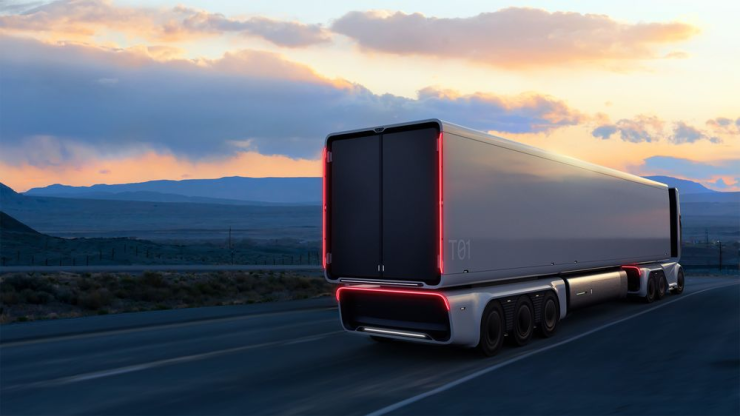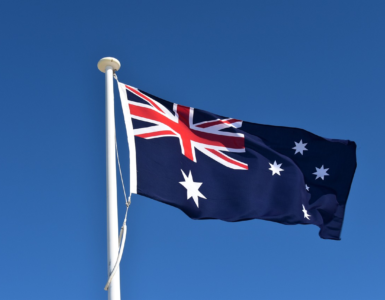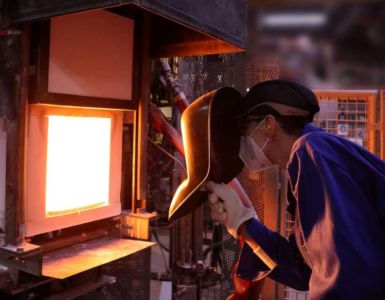Sweden becomes electric car battery and green tech hub, A New Silicon Valley Emerges at the Arctic Circle.
Just below the Arctic Circle, a vast factory owned by Northvolt AB churns out electric-vehicle batteries for Europe’s biggest automakers. On Sweden’s west coast, four-year-old Heart Aerospace AB is building an electric plane ordered by United Airlines and Air Canada.
And in Stockholm, startup X Shore AB has developed a $99,000 battery-powered vessel it says heralds a “Tesla moment” for leisure boating.
These companies and dozens more make Sweden a thriving hub for innovations in greener transportation, with the most tech investment per capita in Europe. A skilled workforce, abundant investment capital for climate projects, and ample supplies of renewable energy have helped the country of 10 million become a leader in clean-technology startups.
🔥 What about we co-host a webinar? Let's educate, captivate, and convert the hydrogen economy!
Hydrogen Central is the global go-to online magazine for the hydrogen economy, we can help you host impactful webinars that become a global reference on your topic and are an evergreen source of leads. Click here to request more details
Anders Forslund, Heart’s chief executive officer, said:
A couple of years ago we only had legacy companies.
“Now we have an ecosystem of startups pushing the established companies forward.”
Europe’s Tech Champions
Cumulative technology investment per capita, 2017-2021
Heart, which counts a Bill Gates-backed fund among its investors, plans to set up a factory at an airfield near Gothenburg. It has more than 230 orders from three airlines for a 30-seat, battery-powered aircraft that it aims to start delivering by 2028.
H2 Green Steel in July won a permit to build a $4 billion mill using renewable electricity in the northern city of Boden, part of a push to decarbonize one of the most energy-intensive industries. Einride AB is developing electric trucks near Gothenburg for vegan milk producer Oatly Group AB.
In June, Einride—backed by Soros Fund Management—got regulatory approval to test a driverless delivery vehicle on public roads in the US.
Christian Levin, CEO of truckmaker Scania, which is pushing to electrify its lineup, said:
Sweden is becoming a Silicon Valley for sustainable solutions.
“We no longer need to run to Asia.”
The biggest of the newcomers is Northvolt, which is giving Europe its best chance to break the dominance of battery suppliers such as China’s CATL, Japan’s Panasonic, and LG Chem from South Korea. Since its founding six years ago by a pair of former Tesla Inc. executives, Northvolt has raised almost $8 billion from dozens of investors including Goldman Sachs Group Inc. and Volkswagen AG.
It’s signed contracts valued at $55 billion with leading automakers, and in May it started commercial shipments from its factory in Skelleftea. By 2026, Northvolt expects to have 4,000 employees at the site making enough cells annually to power 1 million cars, and it’s got two more factories in the works, one near Gothenburg and one in northern Germany.
One obstacle to Sweden’s ambitions will be energy. The bulk of its vast hydro and wind resources are in the north, and its grid has trouble moving power to population centers in the south, concerns that could be aggravated as more startup factories seek carbon-free electricity.
And the country’s high environmental standards as well as frequent local opposition mean securing permits for new wind farms can take years. But those concerns will likely ease as the government works toward a goal of generating all its electricity from renewables by the end of the next decade and to reach net-zero greenhouse gas emissions by 2045.
Startups are benefiting from a vibrant ecosystem of successful entrepreneurs and industrialists betting on cleantech. Retailer Ikea has invested in Northvolt. Daniel Ek, founder and CEO of Spotify Technology SA, is backing Northvolt, steelmaker H2, and several other companies.
And the billionaire Wallenberg family, which has shaped Swedish business life for 150 years, has stakes in Einride, Heart Aerospace, and more via various investment funds.
Ted Persson, a partner at EQT Ventures, a venture capital firm affiliated with the family, said:
You start off with an investment.
“Then it starts to go well. Then you do more. And then suddenly you have a strategy around it. It becomes a positive loop.”
Sweden’s success is helping drive growth in neighboring countries. Norway’s Freyr Battery SA is building a cell factory in sub-Arctic Mo i Rana and is considering plants in Finland and the US. In Iceland, Carbfix injects carbon dioxide deep underground, where it turns into stone. And Denmark’s Everfuel A/S is setting up a network of green hydrogen-fueling stations across the region.
Consulting firm McKinsey & Co. says the Nordic countries, which represent just 2% of global gross domestic product, are home to 12% of what it calls the planet’s 100 “most sustainable” companies and that such businesses could create 1 million jobs in the region by 2050.
Tomas Nauclér, McKinsey partner said:
The Nordic region has built a brand of sustainability.
“There are company leaders with the courage to drive aggressive scale-ups and lead the way.”
Highlights:
- Dozens of Swedish startups are working on clean-energy mobility, creating what some call “Sustainability Valley.”
READ the latest news shaping the hydrogen market at Hydrogen Central
A New Silicon Valley Emerges at the Arctic Circle, October 10, 2022








